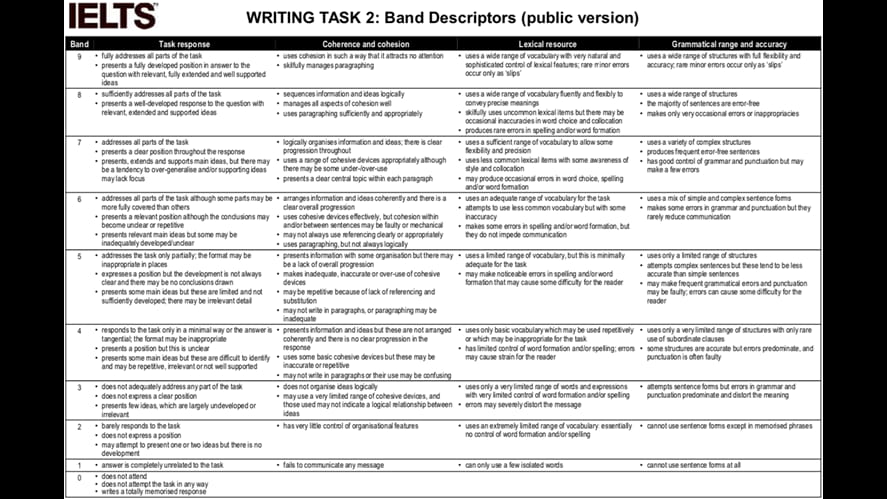We use cookies to improve your online experiences. To learn more and choose your cookies options, please refer to our cookie policy.


Alongside their A-levels, students in our Sixth-Form (Year 12 and 13) have lessons in a range of areas – all designed to get them to the best universities and prepare them for life. All students, for example, take part in University Guidance sessions where they consider how to prepare their entrance essays and the kinds of courses that they can apply for; some take part in Extended Project where they use skills they have learnt in a cross-curricular study; others have IELTS lessons with our qualified IELTS teacher, Su Laoshi. Here, she answers questions about what is IELTS and what happens in those lessons…
What is IELTS?
IELTS stands for The International English Language Test. A student’s ability to listen, read, write and speak in English is assessed during the test and graded on a scale of 1-9. The language test is offered through the British Council and set by Cambridge Assessment English.
Why do we offer IELTS lesson when students already have IGCSE English?
The IELTS is designed to help students from non-English-speaking countries study in a country where English is the language. IELTS is the most popular test for those looking to study in Australia, Canada, New Zealand and the UK and is globally recognised by more than 10,000 institutions, including over 3,000 in the USA. Some countries and some universities can require an IELTS score as part of a study visa. So, whilst our students have levels of English much higher than required, gaining familiarity with the tests and practicing the vocabulary used, helps them get the best scores possible.
What happens in IELTS lessons?
In IELTS lessons, to ensure students have solid foundations for the test, they improve their listening, speaking, reading and writing skills via the C1 English Curriculum from the British Council. The materials of the C1 English Curriculum cover most of the question styles in the IELTS test, including vocabulary that will aid conversations in their social life and academic career.
In general, our students face no difficulties with the test, but students find it hardest to achieve the highest marks in their writing - especially Writing Task 2. To assist students in getting their desired score required by the top universities, each month, lessons are designed to incorporate writing tasks with Writing Task 2 prioritised.
As part of this, each student learns about the marking descriptors of Writing Task 2 in order to better understand exactly what the examiners are looking for in their essays. The essays are marked on four criteria:
This month, for example, students have been focusing on one specific question style - the “Agree and Disagree” of Writing Task 2. At the beginning of the lesson, students were asked whether or not they agreed with the following question: “Do you agree with the idea that children should keep their red envelope money during the CNY?”. After that they were required to list out the reasons why they agreed or disagreed before a debate was conducted. This was to build up their ability to expand on their response by using relevant, extended and supported ideas. Alongside this, the students gained experience using a range of cohesive devices to make sure their speech was naturally connected and developed.
As we progressed, students were shown a model essay about whether it is a good idea to invite reformed ex-prisoners to educate teenagers about consequences of breaking the law. Withholding the actual grade of the essay, students were given the chance to mark the sample according to the band descriptors, which was to consolidate their understanding of what the IELTS examiners are looking at in the essay papers.
Each student correctly explained the reasons why they gave the mark for each criterion, showing a fantastic understanding of what is expected of them by examiners. They then completed a whole-passage analysis led by myself, where students could familiarise themselves with finer details for each score band, and how they can achieve their desired score.